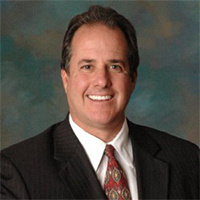Neapolis RICO Act Lawyer, Ohio
Sponsored Law Firm
-
 x
x

Click For More Info:
-
The Law Offices of Richard L. Cooper, P.A.
848 Brickell Avenue Suite 800 Miami, FL 33131» view mapDWI/DUI, Drug Trafficking, Felony Nationally Ranked Top 40 Under 40
With Richard L. Cooper you can expect a trusted confidant who will work diligently to fully understand your case and determine a road map to help you regain control of your life.
800-756-2781
Not enough matches for Neapolis RICO Act lawyer.
Below are all Neapolis Criminal lawyers.
Michael Prephan Jr.
✓ VERIFIEDMaking the law work for you, not against you. In practice since 1987, Mike Prephan Jr. has the experience and knowledge to to help you through all ... (more)
Jerry P. Purcel
✓ VERIFIEDJerry P. Purcel is a general practice attorney who has extensive experience in bankruptcy, personal injury, family law, and criminal defense cases. Wh... (more)
Martin J. McManus
✓ VERIFIEDMartin J. McManus, a third generation attorney, has long been dedicated to the practice of personal injury, wrongful death, car accident, medical malp... (more)

 Richard L. Cooper Miami, FL
Richard L. Cooper Miami, FL AboutMiami Attorney at Law
AboutMiami Attorney at Law ServicesCriminal Defense
ServicesCriminal Defense



